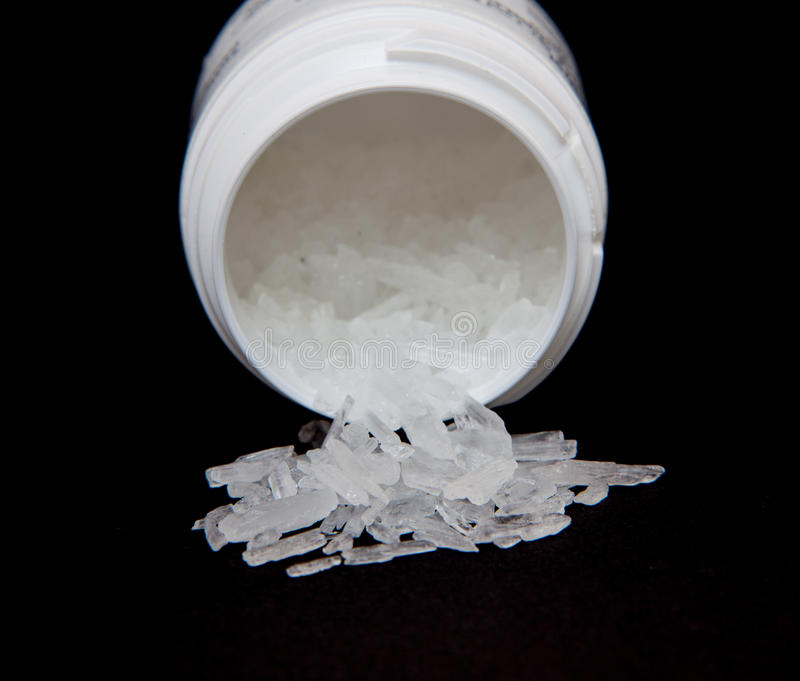The use of both illicit and certain prescription drugs can have severe consequences on the heart’s health. Many substances can cause damage leading to conditions such as irregular heart rhythm, high blood pressure, stroke, and heart attack. This article will discuss the signs of heart damage due to drug use, a situation that necessitates immediate medical attention and treatment.
Common Symptoms
- Chest Pain: This is one of the most common symptoms of heart damage. It might feel like a pressing or burning sensation in the chest and can radiate to the neck, jaw, arms, or back.
- Shortness of Breath: Trouble catching your breath, especially during physical activity or when lying flat, can indicate heart trouble.
- Fatigue: Feeling excessively tired or experiencing a decrease in exercise capacity could be a sign of heart damage.
- Irregular Heartbeat: An irregular, too fast, or too slow heartbeat, also known as arrhythmia, can be a sign of heart damage. You might feel this as a fluttering sensation or skipped beats in your chest.
- Swelling in the Legs, Ankles, or Feet: Fluid buildup due to poor circulation or heart failure can lead to noticeable swelling, also known as edema.
- Dizziness or Fainting: These could be signs that your heart isn’t pumping blood as effectively as it should be due to damage.
Specific Symptoms Related to Certain Drugs
Different substances can lead to different types of heart damage, and hence, symptoms can vary accordingly. Here are some specific symptoms related to certain drugs:
- Cocaine and Methamphetamines: These stimulants can cause a heart attack, even in young people without heart disease. Symptoms may include severe chest pain, shortness of breath, excessive sweating, nausea, and vomiting.
- Alcohol: Long-term heavy drinking can lead to alcoholic cardiomyopathy. Symptoms include shortness of breath, swelling in the lower extremities, weight gain, fatigue, and irregular heartbeat.
- Opioids: Overdose can slow or stop the heart, leading to cardiac arrest. Symptoms may include slow or irregular heart rate, low blood pressure, severe drowsiness, pinpoint pupils, and loss of consciousness.
- Anabolic Steroids: Abuse of these drugs can lead to heart disease and heart attacks. Symptoms include chest pain, shortness of breath, persistent cough, and swelling in the legs and feet.
- Certain Prescription Medications: Some drugs used to treat conditions like cancer, hypertension, or psychiatric conditions can potentially harm the heart. It’s important to discuss potential side effects with your healthcare provider and report any unusual symptoms.
Conclusion
Recognizing the signs of heart damage from drug use is vital for prompt intervention and treatment. If you or someone else experiences any of these symptoms, especially severe chest pain or shortness of breath, seek immediate medical attention.
Importantly, drug misuse or abuse can have profound and sometimes irreversible effects on heart health. If you’re struggling with substance use, seek help from a healthcare provider or local support groups. Treatment is available, and recovery is possible. Your heart is an essential organ that deserves care and respect – protect it by avoiding harmful substances and living a healthy lifestyle.










